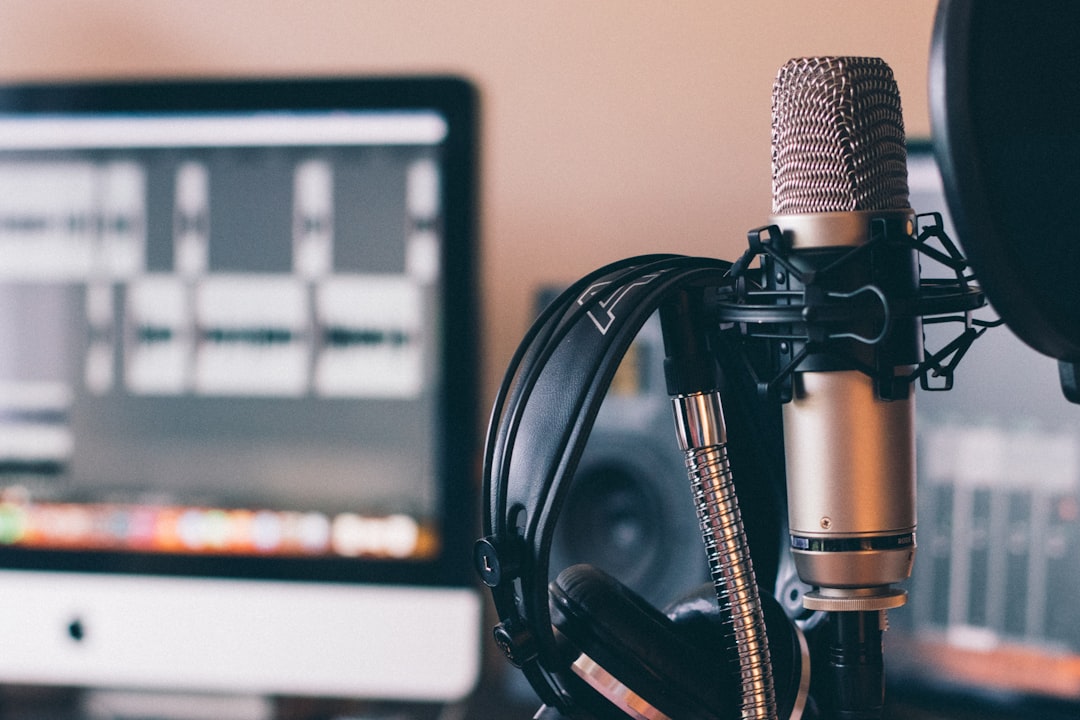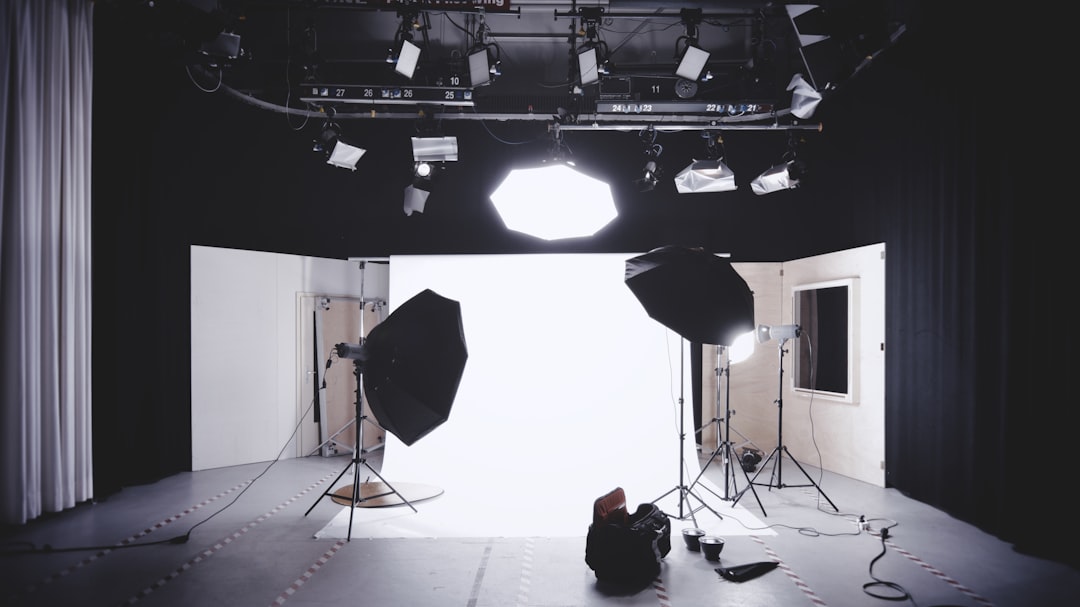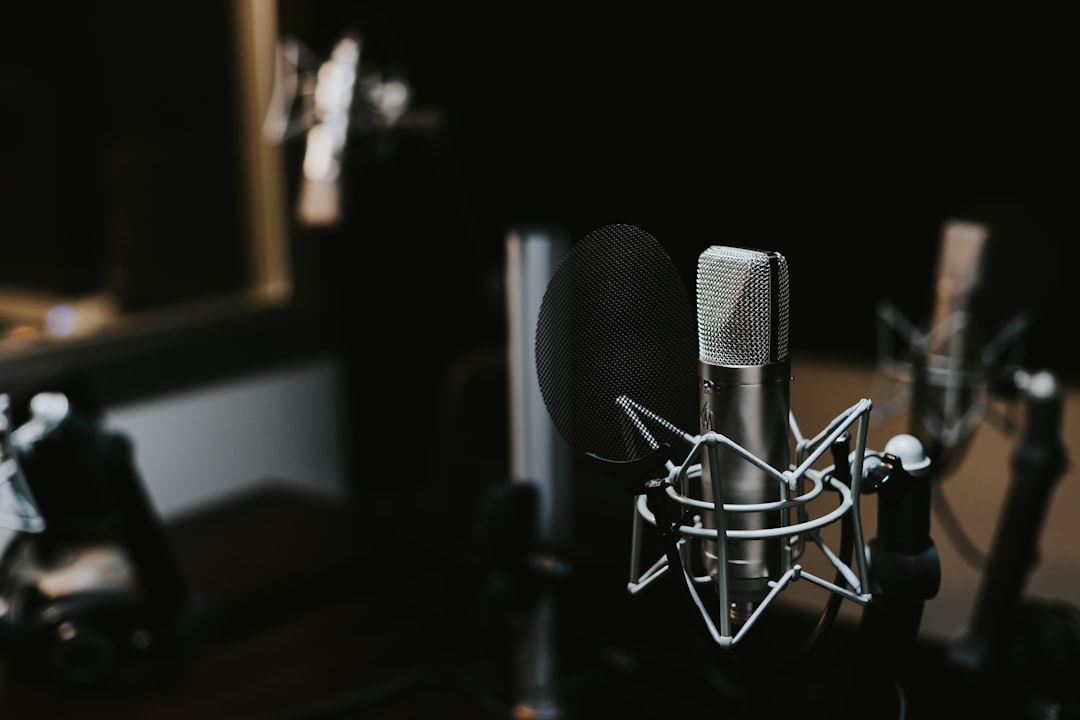Tips for starting your own podcast studio
Starting your own podcast studio can be an exciting and rewarding venture. Whether you are a seasoned podcaster or just starting out, having your own dedicated space can greatly enhance the quality and professionalism of your podcasts. In this blog post, we will provide you with some valuable tips to help you get started on the right foot.
1. Find the Right Space
The first step in setting up your own podcast studio is finding the right space. Look for a room that is quiet, well-insulated, and free from external noise. Consider the size of the room and ensure it is large enough to accommodate your equipment and any guests you may have on your show.

2. Invest in Quality Equipment
To produce high-quality podcasts, it is essential to invest in good equipment. This includes microphones, headphones, audio interfaces, mixers, and recording software. Research and choose equipment that suits your specific needs and budget. Remember, quality equipment can make a significant difference in the overall sound of your podcasts.
3. Soundproof Your Studio
Soundproofing your podcast studio is crucial to minimize external noise and create a professional environment for recording. Consider using soundproofing materials such as foam panels, bass traps, and acoustic curtains to absorb and reduce echoes and reverberations.

4. Create a Comfortable Environment
Creating a comfortable environment for yourself and your guests is essential for a successful podcast. Invest in comfortable chairs and ensure proper lighting. Decorate the space with items that reflect your podcast's theme or branding. A relaxed and inviting atmosphere can help put your guests at ease and enhance the overall podcasting experience.
5. Plan Your Recording Schedule
Establish a regular recording schedule to ensure consistency and avoid last-minute stress. Plan your episodes in advance, create an outline or script, and allocate time for editing and post-production. Having a structured schedule will help you stay organized and maintain a steady flow of content.

6. Consider Acoustic Treatment
In addition to soundproofing, consider incorporating acoustic treatment in your studio. This involves strategically placing sound-absorbing panels to improve the overall sound quality and reduce echoes. Experiment with different placements to find the optimal setup for your specific room.
7. Test and Optimize Your Setup
Before launching your podcast, it is crucial to test and optimize your setup. Record test episodes, listen to the audio quality, and make adjustments as necessary. Pay attention to background noise, microphone levels, and overall sound clarity. Testing your setup will ensure that you are delivering the best possible listening experience to your audience.

8. Promote Your Podcast
Once your podcast studio is up and running, it's time to promote your show. Utilize social media platforms, create a website, and engage with your audience. Consider collaborating with other podcasters, guesting on other shows, or participating in relevant events to increase your reach and attract new listeners.
Starting your own podcast studio requires careful planning and attention to detail, but the rewards can be tremendous. Follow these tips, stay consistent, and most importantly, have fun along the way. Happy podcasting!
